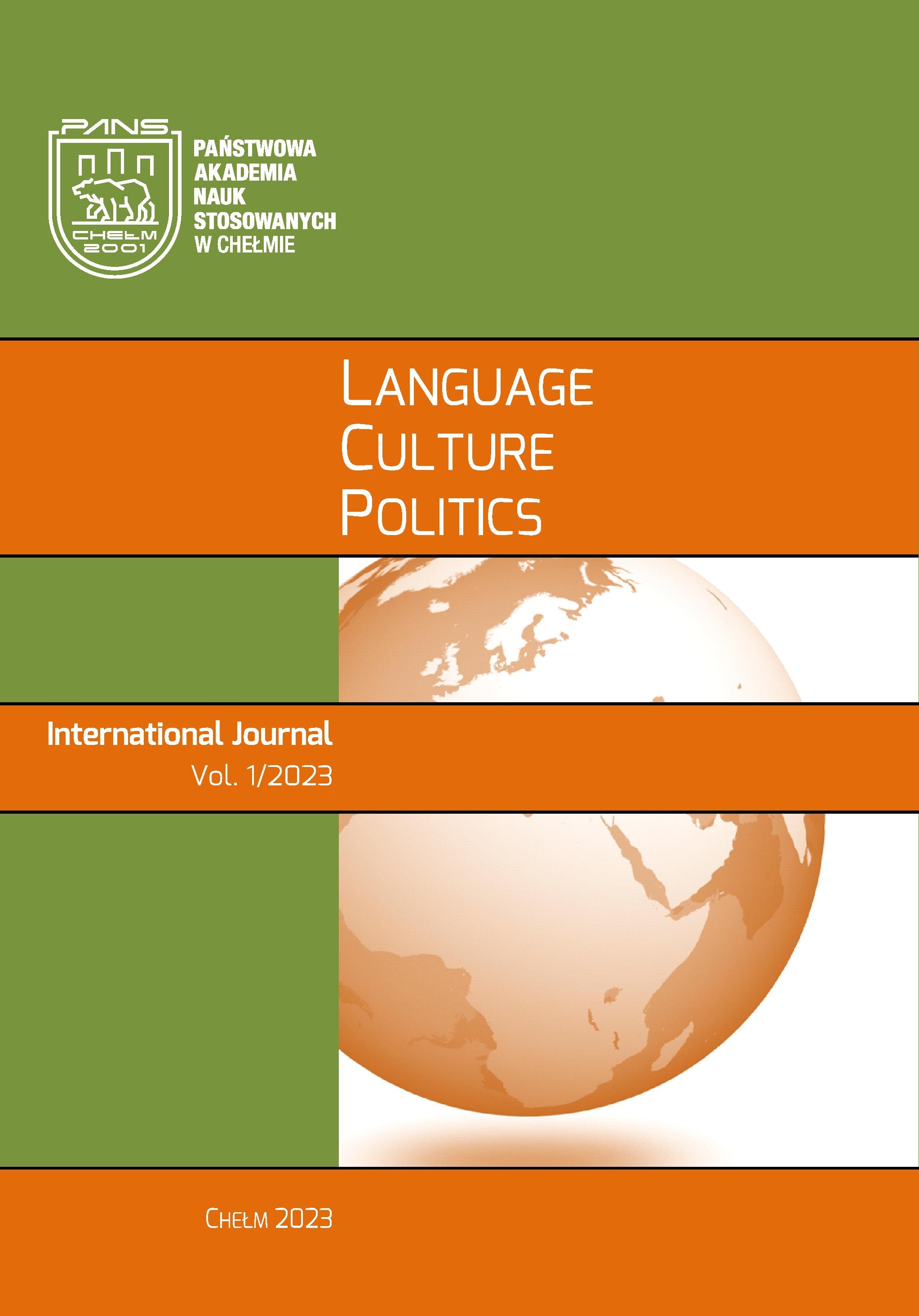People, Government Legitimacy, and the Risk for Abuse: a Discussion
DOI:
https://doi.org/10.54515/lcp.2023.1.149-167Ключевые слова:
Cold War, Constructivism, John Paul II, legitimacy, freedomАннотация
The article seeks to understand the relationship between government legitimacy and the citizens of a state. Specifically, it looks how the person’s ability to build a family and fulfill their purpose can be enabled or inhibited by their government’s actions. The article proposes building a framework based on the Personalism found in John Paul II’s work Love and Responsibility, as the basis for an approach that governments can look towards in the effort to take citizen-based actions internationally and domestically. This will ensure the State’s people are respected and their dignity upheld. Without considering the person in these processes, it is possible to overlook them in politics, and so put them at risk for abuse.
Библиографические ссылки
Baaz, M.E., Stern, M. (2009). “Why Do Soldiers Rape? Masculinity, Violence, and Sexuality in the Armed Forces in the Congo (DRC)”. In: International Studies Quarterly, vol. 53, no. 2.
Checkel, J. (1998). “The Constructivist Turn in International Relations Theory”. In: World Politics, vol. 50, no. 2.
Common law. www.law.cornell.edu/wex/common_law, 02.05.2023.
Crimes against humanity - welcome to the United Nations. www.un.org/en/genocideprevention/crimes-against-humanity.shtml, 02.05.2023.
Diec, J. (2022). “The Understanding of Human Rights in the Neo-Eurasianist Doctrine”. In: Politeja, vol. 18. no 2 (71).
Helsinki final act. OSCE. (1975). www.osce.org/helsinki-final-act, 02.05.2023.
Human Rights. www.un.org/en/global-issues/human-rights, 02.05.2023.
Kearney, M.S., & Levine, P.B. (2022). Half a million fewer children? the coming covid baby bust. www.brookings.edu/research/half-a-million-fewer-children-the-coming-covid-baby-bust/, 02.05.2023.
Locke, J. (2004). Second treatise of government. Barnes & Noble Books.
Migration and Home Affairs. www.ec.europa.eu/home-affairs/pages/glossary/fundamental-rights_en, 02.05.2023.
Mortensen, N. J. (2017). The common good: An introduction to personalism. Vernon Press.
Plamenatz, J. (1963). Man and society. Longman.
Rotberg, R.I. (2002). „Failed states in a World of Terror”. In: Foreign Affairs, no. 81(4).
Runa, D. (2009). "Critical Social Constructivism: "Culturing" Identity, (In) Security, And the State in International Relations Theory". In: The Indian Journal of Political Science, vol. 70, no. 4.
Sharhrbanou, T., Anuradha, Ch. (2007). Human Security. Taylor & Francis.
Waltz, K. (1990). “Realist Thought and Neorealist Theory”. In: Journal of International Affairs, vol. 44, no. 1.
Waltz, K. (2000). “Structural Realism after the Cold War”. In: International Security, no. 25(1).
Wendt, A (1995). “Construction International Politics”. In: International Security, vol. 20, no. 1.
Wendt, A (1999). Social Theory of International Politics. Cambridge University Press.
Wendt, A. (1994). “Collective Identity Formation and the International State”. In: American Political Science Review, vol. 88, no. 2.
Wojtyla, Karol. Paul, J. (2013). Love and responsibility. Pauline Books & Media.
Загрузки
Опубликован
Выпуск
Раздел
Лицензия

Это произведение доступно по лицензии Creative Commons «Attribution» («Атрибуция») 4.0 Всемирная.










